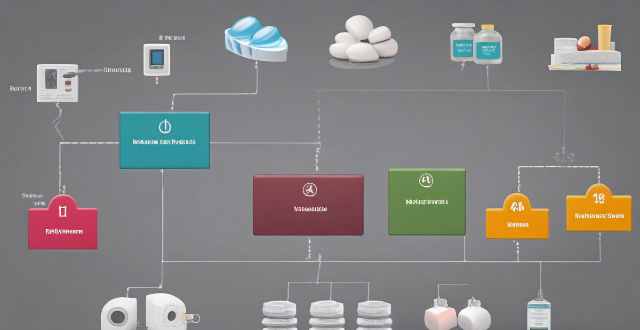Carbohydrate control impacts energy levels by affecting the availability of glucose, the primary source of fuel for the brain and muscles. Eating a balanced diet with complex carbohydrates, limiting refined sugars, spacing meals evenly throughout the day, and staying hydrated can help maintain optimal energy levels.

How does carbohydrate control impact energy levels?
Carbohydrates are an essential nutrient for the body, providing energy in the form of glucose. Glucose is the primary source of fuel for the brain and muscles, which are responsible for most of our physical activity. Therefore, it's important to understand how carbohydrate control impacts energy levels.
1. The role of carbohydrates in energy production
Carbohydrates are broken down into glucose molecules during digestion, which then enter the bloodstream and travel to cells throughout the body. In the cells, glucose is converted into adenosine triphosphate (ATP), which is the energy currency of the cell. ATP is used to power various cellular processes, including muscle contraction, nerve signaling, and cell growth and repair.
2. The relationship between carbohydrate intake and energy levels
The amount of carbohydrates consumed affects the amount of glucose available for energy production. When carbohydrates are consumed in excess, blood glucose levels rise, leading to increased energy levels. However, if carbohydrates are consumed in insufficient amounts or at irregular intervals, blood glucose levels may fall, resulting in fatigue and low energy levels.
3. Strategies for maintaining optimal energy levels through carbohydrate control
To maintain optimal energy levels through carbohydrate control, it's important to:
- *Eat a balanced diet*: Consume a variety of whole grains, fruits, and vegetables that provide a range of carbohydrates and other nutrients.
- *Limit refined sugars*: Avoid consuming excessive amounts of processed foods and sugary drinks that can lead to spikes and drops in blood glucose levels.
- *Space meals evenly throughout the day*: Eating small meals and snacks throughout the day helps maintain steady blood glucose levels and avoid energy crashes.
- *Focus on complex carbohydrates*: Complex carbohydrates, such as those found in whole grains, vegetables, and fruits, are more slowly digested and absorbed than simple carbohydrates, leading to more gradual rises and falls in blood glucose levels.
- *Stay hydrated*: Drinking enough water helps maintain blood volume and promotes efficient glucose transport throughout the body.
By following these strategies for carbohydrate control, you can maintain optimal energy levels and support overall health and well-being.